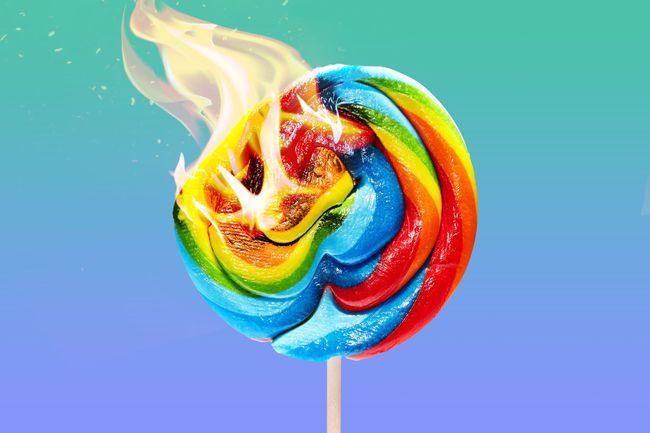Chances are, you think of your metabolism as a fire, flaming up when you exercise to torch calories. But that’s just a very small fraction of what it does, according to Herman Pontzer, Ph.D., an evolutionary anthropologist at Duke University, the author of Burn (Buy It, $20, amazon.com), and the principal investigator of a game-changing new study on metabolism.
“Metabolism is the work your cells do every minute of every day,” says Pontzer. “You’ve got 37 million of them, and each cell is like a little factory churning out everything needed to keep your body functioning.” Some calories do get burned during exercise, but most of what you eat is used to fuel the continuous work your cells do.
The new research, published in Science by Pontzer and more than 80 co-authors, looked at metabolism more precisely than had ever been done before. It measured metabolism in almost 6,500 people around the world, from newborns to 95-year-olds. Once the scientists controlled for variables that affect energy expenditure, like a person’s body size and percentage of fat, they got “a clear road map of metabolism over our life span,” says Pontzer. Here’s what it means for you.

Metabolism Doesn’t Slow Significantly as You Age
For years you've heard that your metabolism peaks when you're a teenager and slows significantly as you approach middle age. But the researchers discovered that metabolism crests far earlier and declines much later, and that it has four distinct stages. From infancy to age 1, metabolism is at its highest, and a baby's metabolic rate is 50 percent higher than an adult's. From ages 1 to 20, metabolism drops about 3 percent a year. Then from ages 20 to 60, metabolism holds steady. After age 60 it slowly starts to decline (0.7 percent a year). That means for 40 years, you're burning calories at a steady rate, about 2,500 a day on average, says Pontzer. And a 60-year-old has the same metabolism as a 20-year-old. (






































